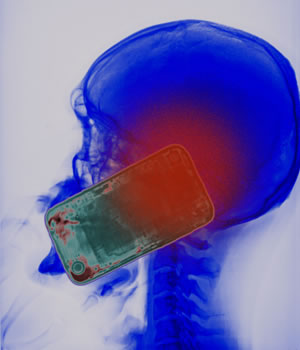Despite having no conspicuous anti-5G political movement as yet, concerns over potential health issues associated with wireless technologies are mounting in the US state of Massachusetts, with six bills presented to the state legislature for approval. State committees are due to report on whether the bills will receive a second reading followed by debate by legislators.
One bill (H2030), presented by Representative Carolyn Dykema, would seek “best practice” for wireless use in schools, prioritising pupil and staff health. Two of Dykema’s constituents have taken Fay School, Southborough to court for allegedly breaching the Americans with Disabilities Act by not allowing their son to reduce his wifi exposure. Using a device to measure microwave exposure, his doctor noted that the boy’s headaches and nausea repeatedly coincided with the school’s peak wifi output.
Two bills from Senator Donald Humason, petitioned by a constituent, are more ambitious. Bill S2080, the first of its kind, would require all medical doctors to be trained in EMF health issues. Bill S2079 would recommend cable-only internet in schools. The petitioner, Kristin Beatty, is a teacher who had to give up work due to wireless exposure symptoms, or “electrosensitivity”. A new study has found unusual features in the MRI brain scans of people who report struggling with such symptoms.
Bill S1864, presented by Senator Michael O. Moore, would award ratepayers the right to decline smart meters or to have them replaced with traditional meters that do not transmit pulsed microwaves. Expert witnesses include biochemist Professor Martin Pall, who has published papers on a key mechanism of wireless harm. He spoke of health impacts “reported to be occurring at very substantial levels” from smart meters’ high-intensity pulses, including altered heart function. (See the Ecologist articles Smart Meter Radiation and Health and Smart meters and cell damage from pulsed em radiation - our health at risk?)
Two further bills, S107 and S108, sponsored by Senator Julian Cyr, call for open display of mobile-phone manufacturers’ fine-print warnings. In a parallel development, Robert Knorr, Director of the Environmental Epidemiology Programme at Massachusetts Department of Public Health, has authorised health-precautionary handouts for the public on mobile phones, masts, and wifi.
Senator Karen E. Spilka has sponsored a fast-track Resolve, S1268, to create a commission to study EMF health effects. Crucially, it states it would “examine non-industry funded science” relating to, for example, impacts on fertility, immunity, heart function, sleep, headaches, and dementia and cancer rates.








